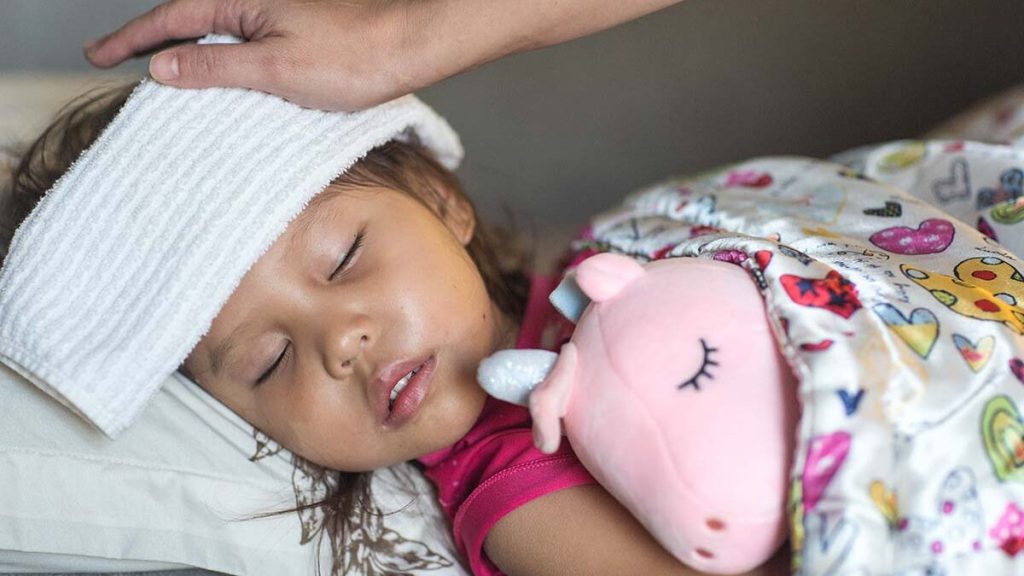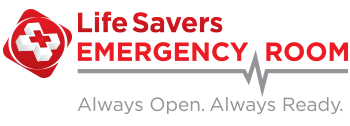The Cold, the Flu RSV and COVID-19. Which Is Which?

With winter just around the corner, colds, sniffles and coughs are very common. The presence of COVID-19 and RSV (a common cold-like virus that primarily affects children) will make it tricky to figure out what is a simple cough and what is not.
The following guide is a brief breakdown of the difference between a cold, the influenza virus (flu), COVID-19 and other respiratory conditions:
The Influenza (Flu) Virus
Although the flu is generally dismissed as a minor inconvenience, it can have very real consequences, especially for vulnerable populations. Each year, thousands of Americans are hospitalized because of the flu. That’s why the Centers for Disease Control (CDC) recommends that everyone 6 months of age and older should get the flu vaccine.
Symptoms of the flu
- Cough
- Sore throat
- Fatigue/tiredness
- Body aches
- Runny nose
- Fever
The Cold Virus
The cold and flu share many common symptoms such as a runny nose, sore throat and cough. It can be tough to figure out the cause of your cough. If you develop a fever, it may be a sign that you have a flu and not a cold. Furthermore, the flu is generally more severe than a cold with full body aches and tiredness being present.
- Cold symptoms are usually milder than the symptoms of flu.
- Colds generally do not result in serious health problems.
Respiratory Syncytial Virus (RSV)
RSV is a common cold-like virus that primarily affects children. Doctors believe that this virus will be especially problematic this year as social-distancing eases and kids return to school.
Symptoms of RSV in children
- Runny nose
- Fever
- Cough
COVID-19
For those who have received both doses of the COVID-19 vaccination, keep in mind that it is still possible to get infected with COVID-19. Remember, the purpose of the COVID-19 vaccination is not to prevent catching the virus. The purpose is to keep you out of the hospital and reduce the chances of serious illness or death with COVID-19 if you are infected.
Symptoms of COVID-19 may include
- Fever
- Cough
- Tiredness
- Loss of taste or smell
- Shortness of breath
- Difficulty breathing or gasping for breath
Because the symptoms of COVID-19 are similar to the flu, it is difficult to determine which one you may have. If you have reason to suspect that you have COVID-19, such as a close contact develops COVID-19, then the first thing to do is self-isolate at home.
When to See Your Doctor
Cold and Flu
The vast majority of colds and cases of the flu can be dealt with at home with a combination of rest, fluids and over the counter medications. However, if you experience symptoms like shortness of breath, a temperature that does not go away or a persistent cough, then make an appointment to see your doctor.
RSV and Children
As with most situations where children get a cold, keep them at home from school and focus on rest and fluids. Treatment of RSV is based around easing and managing symptoms. But if any of the following are experienced then make an appointment to see your child’s doctor.
- Trouble eating, drinking, or swallowing.
- Fever (temperature of 100.4 or higher) that does not go away.
- Difficulty breathing.
- Symptoms that don’t get better, or get worse.
COVID-19
If you are unsure whether you have COVID-19 or the flu, contact your local 24-hour emergency room for details about COVID-19 testing criteria and testing locations.
As usual, it is best to stay at home and self-isolate until you determine (via COVID-19 testing) whether you have COVID-19 or not.
Use your symptoms as a guide. If you have mild-moderate symptoms, this can be managed at home with rest, fluids and over-the-counter medications such as aspirin or tylenol.
Regardless of what you believe the diagnosis to be, pay attention to the severity of your symptoms. For example, you should always seek medical help if you have urgent or life-threatening symptoms such as shortness of breath or chest pain.
Things You Can Do To Keep Yourself and Your Family Safe This Winter Season
- Get vaccinated -that includes the flu vaccine and COVID-19 vaccination.
- Continue to practice good hand hygiene.
- If you are sick, stay at home and away from places like work or school to limit the spread of any respiratory illness.
- Wear a mask in indoors settings or locations where there is a high number of COVID-19 cases.
References
https://www.cdc.gov/flu/symptoms/coldflu.htm
Emergency in Houston?
Life Savers 24 Hour Emergency Room is equipped to handle life threatening conditions quickly. Your emergency or concern is our priority! Life Savers 24 Hour Emergency Room is your Houston ER for immediate definite care. Do not hesitate to call us today or stop by one of our houston emergency room locations: Willowbrook ER, Heights ER, or Summerwood ER.
Life Savers 24 Hour Emergency Room is equipped to handle life threatening conditions quickly. Your emergency or concern is our priority! Life Savers 24 Hour Emergency Room is your Houston ER for immediate definite care. Do not hesitate to call us today or stop by one of our houston emergency room locations: Willowbrook ER, Heights ER, or Summerwood ER.






